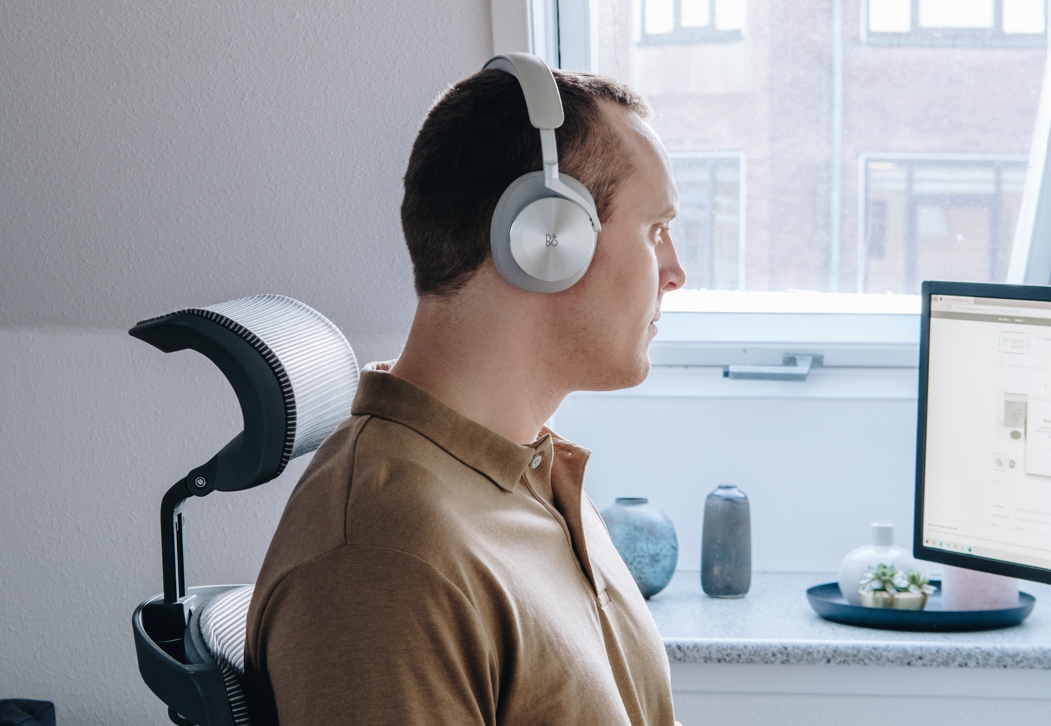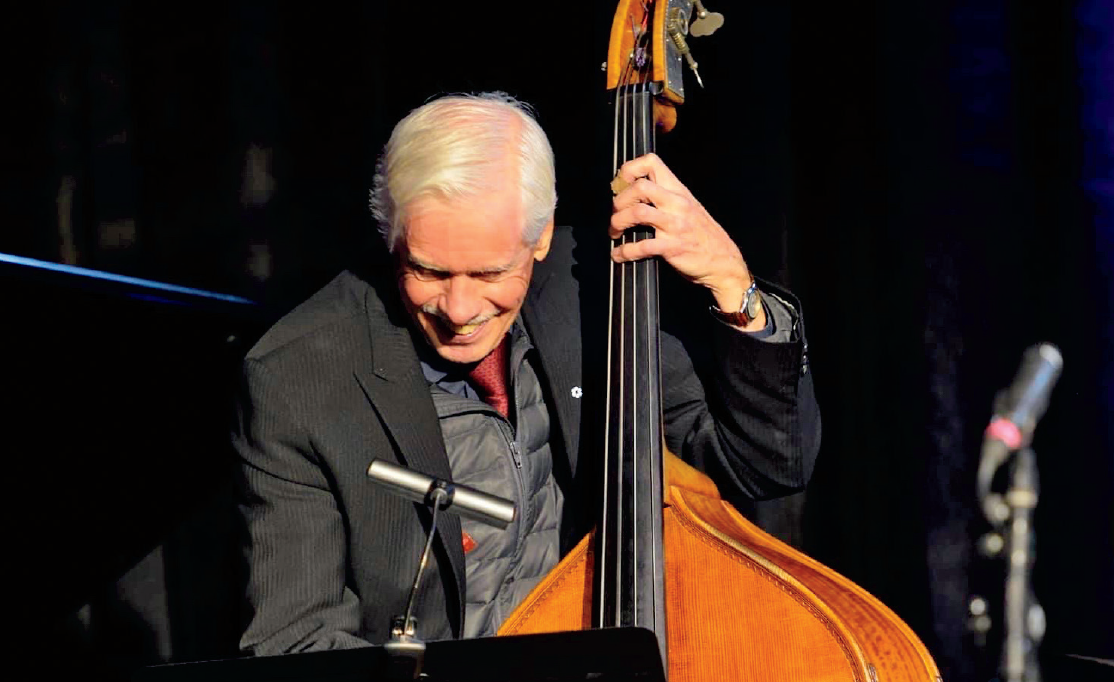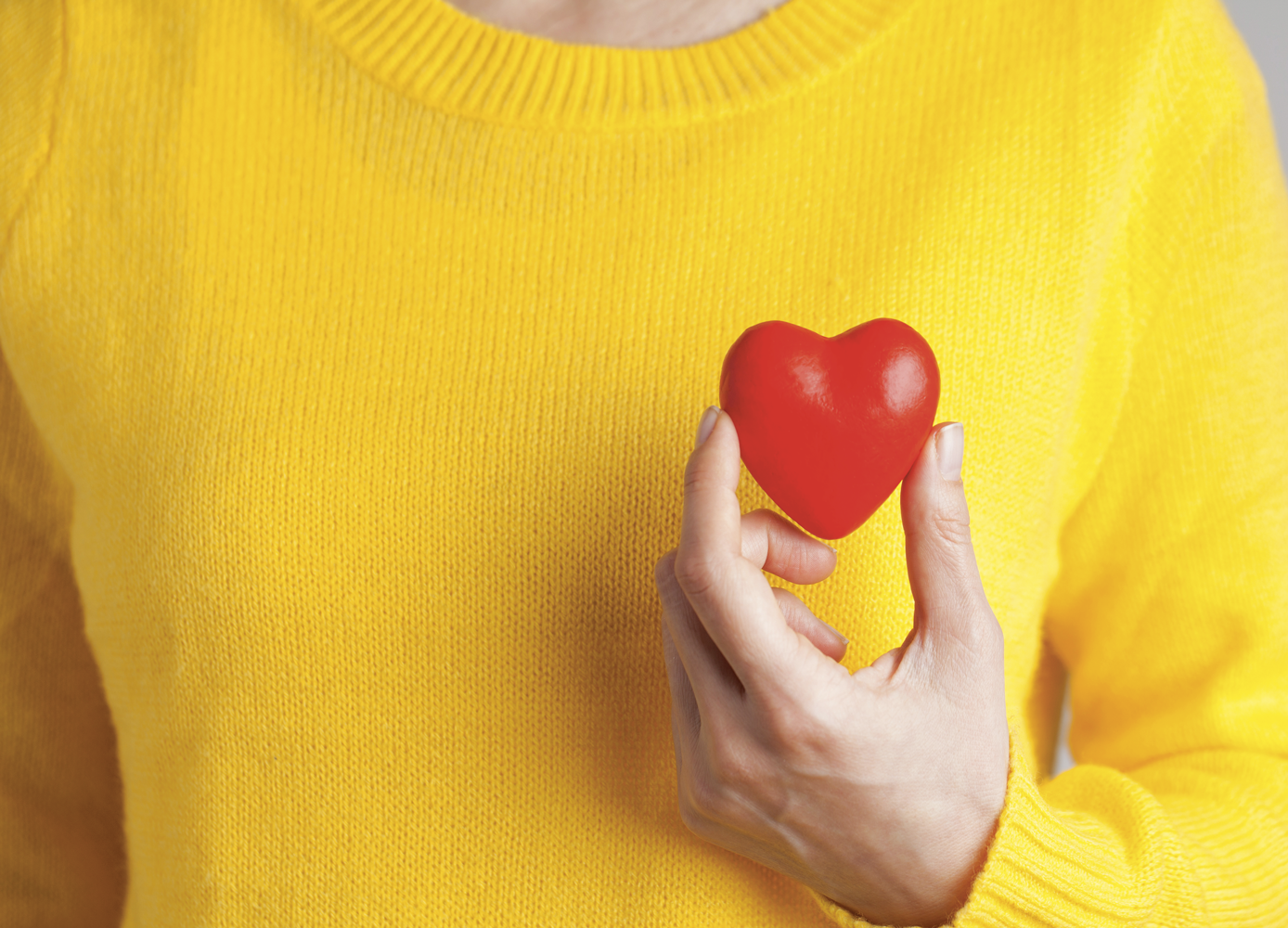Listening to music can help you recover more quickly following a heart attack, a new study suggests
Patients experiencing chest pain following a heart attack seem to recover more quickly if they listen to 30 minutes of music each day, according to new research presented at a recent congress of the American College of Cardiology.
After working with 350 patients to ensure that each was matched with music that he or she found enjoyable and relaxing, researchers then followed the study participants over the course of seven years. Patients who listened to music daily had significantly reduced levels of pain and anxiety compared to those who did not.
About one in nine heart attack survivors experiences chest pains, also known as post-infarction angina, in the 48 hours following their attack. Heightened anxiety is also common.
“There have been very few studies analyzing the effects of music on heart conditions,” said Predrag Mitrovic, a professor of cardiology at the University of Belgrade School of Medicine and lead author of the study. “Based on our findings, we believe music therapy can help all patients after a heart attack, not only patients with early post-infarction angina. It’s also very easy and inexpensive to implement.”
By the completion of the study, researchers found music therapy was more effective than existing treatments at reducing anxiety levels, pain, and pain distress. Those who listened to music daily were also less likely to suffer heart problems in the future: researchers saw an 18% reduction in the incidence of heart failure, a 23% lower rate of subsequent heart attack, a 20% lower rate of patients’ requiring coronary artery bypass graft surgery, and a 16% lower incidence of cardiac death.
Mitrovic suggests that the results stem from music’s ability to help fend off the body’s fight-or-flight response, which can put additional strain on the cardiovascular system.
“Unrelieved anxiety can produce an increase in sympathetic nervous system activity, leading to an increase in cardiac workload,” Mitrovic said.
Photo by Lasse Jensen on Unsplash






